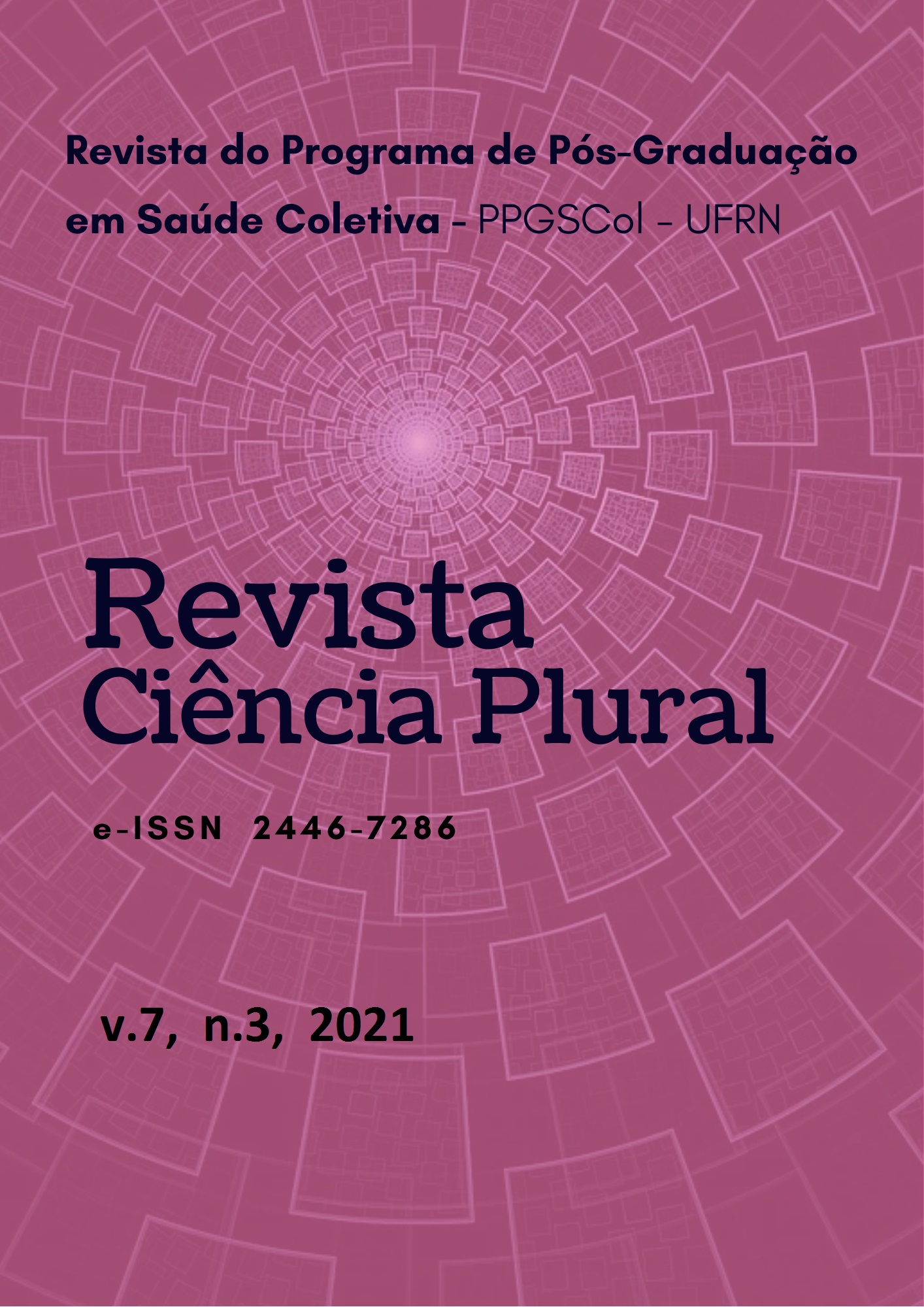Analysis of a collaborative interprofessional practice in the Family Health Strategy
DOI:
https://doi.org/10.21680/2446-7286.2021v7n3ID23953Abstract
Introduction: In the context of Brazilian Primary Health Care, the complexity of the situations experienced by family health strategy teams require expanded interventions in their daily professional life, products of a set of knowledge. Objective: The objective of this article was to analyze the collaborative interprofessional practice performed by the professionals of the Family health strategy and the enlarged nucleus of family health and primary care; describe the work process developed; and identify collaborative competences in the development of this practice. Methodology: This is an exploratory, comprehensible-interpretative, qualitative study, set in a small city. The participants were professionals working in the monitoring of the growth and development of children from 0 to 2 years. The collection occurred through: semi-structured interview; application of questionnaires on professional profile and collaborative competencies; and direct observation, backed by a field diary. The data, analyzed by thematic content analysis, were interpreted by the referential on the interprofessionality. Results: Professional experience and working time were linked to the implementation and support of the investigated practice. The following collaborative competencies were considered present and latent: interprofessional communication; patient-centered care; team functioning; clarity of roles; conflict resolution; and collaborative leadership. Conclusions: The findings pointed to the development of an effective collaborative interprofessional experience, by the dialogical praxis between knowledge and doing. We emphasize the need for further studies that may present the impact of these practices on the quality of the service offered.
Keywords: Interprofessional Relations. Family Health. Primary Health Care.
Downloads
Downloads
Published
How to Cite
Issue
Section
License
À Revista Ciência Plural ficam reservados os direitos autorais referente a todos os artigos publicados.

 Português (Brasil)
Português (Brasil) English
English Español (España)
Español (España)










2.png)
